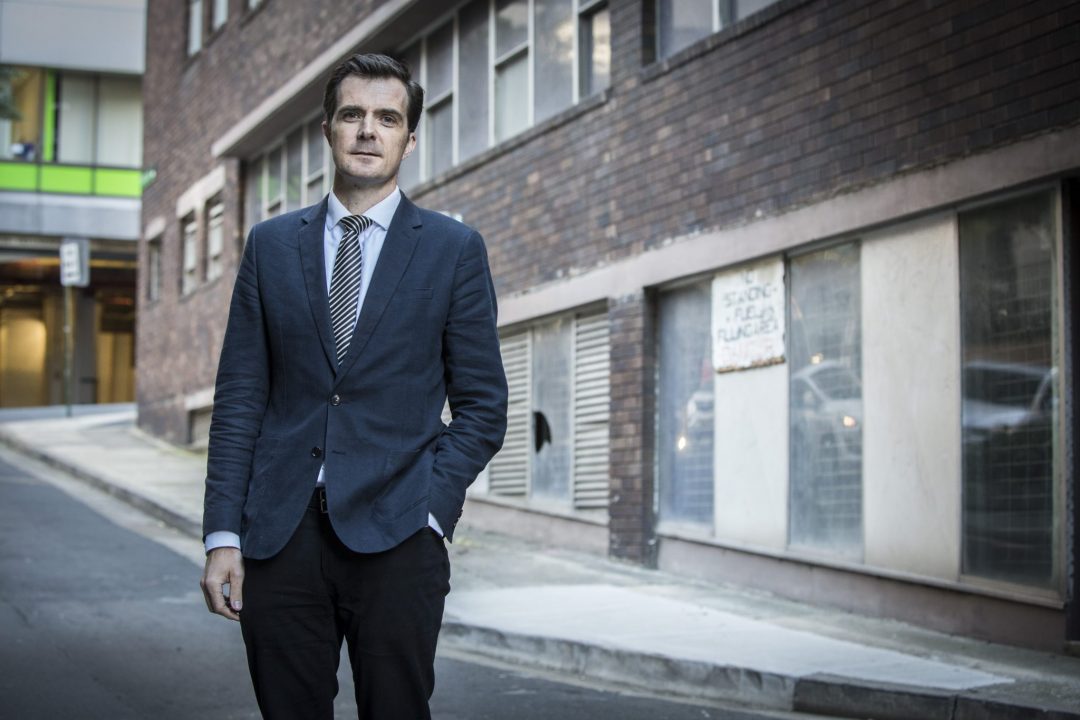
Many people woke up this morning with a new-found sense of pride in their country, and in their fellow Australians, for having emphatically stood up for equality and fairness in the same-sex marriage postal survey.
Some within the LGBTI community and their supporters will also have woken up with slightly sore heads, after celebrating the 61.6% Yes vote.
The prospect of marriage equality feels tantalisingly within grasp.
But it is sobering to wake up to the ongoing horse-trading around how parliament will legislate to give effect to marriage equality.
Attorney-General George Brandis has confirmed that he will be moving two amendments to the ‘Smith Bill’ that has been introduced into the Senate.
The first would allow all civil celebrants (not just ministers of religion) the right to refuse to perform a ceremony of marriage.
The second seeks to ensure that ‘nothing in the bill makes it unlawful for people to hold and express the views of their own religion on marriage.’
The Australian this morning reported that Prime Minister Malcolm Turnbull supports both amendments.
In PIAC’s view, both amendments must be rejected.
We must not forget that the Smith Bill itself is already the product of significant compromise. It is not a perfect bill and many inside the LGBTI community are justifiably unhappy with the concessions it makes.
The Smith Bill already allows existing civil celebrants to nominate to become religious marriage celebrants in order to reject same-sex couples. It does not disturb current exemption under s 47 of the Marriage Act that allow ministers of religion to decline to solemnise a same-sex marriage. It also duplicates, arguably unnecessarily, religious exceptions from the Sex Discrimination Act inside the Marriage Act itself.
To allow all civil celebrants – who are providing a service to the public and undertaking an important civic duty – to be able to discriminate against LGBTI couples cannot be accepted. This would wind back existing and well-established prohibitions against discrimination in the provision of services. Those who might wish to become civil celebrants in the future and would find providing their service without discrimination too much for their conscience are free to find another calling.
As for including words confirming that it is not unlawful to hold and express view on religion and marriage, the Attorney has confirmed that such a change is not ‘strictly necessary’ but would give ‘reassurance to people who did not want to see the change’.
This is, with respect, not good enough. We don’t pass laws simply to give reassurance. Such reassurance can be given in parliamentary speeches or explanatory material. Words that don’t have work to do should not be included, let alone introduced into, our statutes.
On Tuesday, the Prime Minister stated that: “I don’t believe Australians would welcome, and certainly the government would not countenance, making legal discrimination that is illegal, that is unlawful, today.”
On the same day, the Attorney-General observed, correctly, that: “If it’s legally and morally wrong to discriminate against one gay person, I don’t know how it becomes right to discriminate against two.”
These were fine words. Our Prime Minister and Attorney-General must stick to them. 7,817,247 Australians expect nothing less.
The passage of legislation by our parliament to enshrine marriage equality should be a unifying moment for the country.
But it will only be truly joyous if we make sure any legislation that is passed treats all couples equally. Otherwise, there is a risk that when those wedding cakes are finally cut they will leave a bitter aftertaste in the mouths of many.
Jonathon Hunyor is the CEO of the Public Interest Advocacy Centre. PIAC represented Andrew Wilkie, Felicity Marlowe and PFLAG in the High Court challenge to the postal survey.